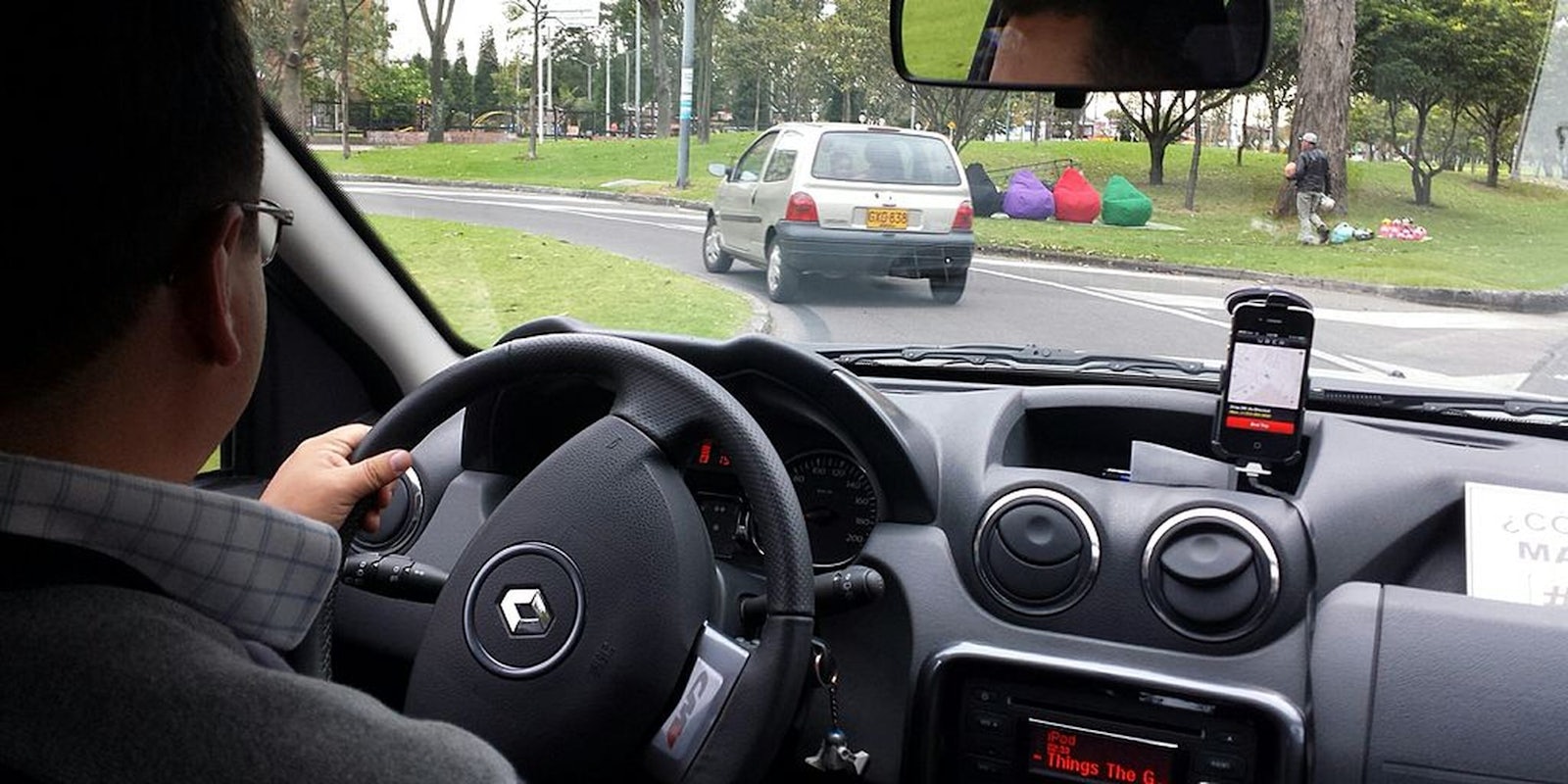A decision handed down by a judge in California earlier this week may have Uber ruing the day it advised drivers to wash behind their ears.
A group of Uber drivers in California are suing the ride-sharing firm, claiming that the company misclassifies them as independent contract workers when they should actually be treated as full-fledged employees.
The difference between contractors and employees is hardly academic; if Uber drivers are considered employees, the company, which was valued at over $50 billion earlier this year, would then be required to give them benefits like health insurance and reimbursement for miles driven.
Uber probably could have gotten away with not directly telling its drivers to bathe themselves.
One of the suit’s major points of contention is whether Uber drivers have enough in common with each other to be considered a unified class in the first place.
When U.S. District Court Judge Edward Chen decided to allow the class, he cited the training received by every driver before they were able to hit the streets. While those training sessions weren’t entirely uniform across the board, they typically contained rules about the appearance of the car, what should be playing on the radio, and, at least in one script used in San Francisco, a warning not to “forget to shower.”
Uber argued that, because there was no single uniform training manual for every driver in California, there was not enough similarity between all of the potential plaintiffs to group them as a class.
“The mountain of evidence we submitted to the court—including the declarations of over 400 drivers from across California—demonstrates that two plaintiffs do not and cannot represent the interests of the thousands of other drivers who value the complete flexibility and autonomy they enjoy as independent contractors,” an attorney from Gibson Dunn, the law firm representing Uber in the case, told Wired.
Judge Chen rejected that argument, writing, “As the California Supreme Court has made clear, whether Uber ‘varied in how it exercised control does not answer whether there were variations in its underlying right to exercise that control.’”
Uber has indicated it plans to appeal the decision.
To be fair, Uber probably could have gotten away with not directly telling its drivers to bathe themselves. The company utilizes a system for passengers to rate their drivers after each ride. If a driver’s average rating slips below 4.6 stars out of 5, the company could yank their ability to pick up passengers. Assuming that passengers give bad ratings to drivers with noticeable B.O., drivers who don’t take hygiene seriously would likely be filtered out naturally.
Judge Chen’s decision could allow up to some 160,000 Golden State Uber drivers, who have driven for the company at any point since August, 2009, to join the lawsuit.
This legal action isn’t the only front on which Uber’s definition of its drivers as independent contractors is being seriously challenged. In June, the California Labor Commission issued a ruling that the San Francisco-based company was required to reimburse a former Uber driver for the expenses she incurred by driving because she should be classified as an employee.
“Defendants hold themselves out as nothing more than a neutral technological platform, designed simply to enable drivers and passengers to transact the business of transportation,” the commissioners wrote in their ruling. “The reality, however, is that Defendants are involved in every aspect of the operation.”
While that ruling only applied to a single driver, who ended up collecting slightly over $4,000, it shows how Uber’s business model, which gives drivers extraordinary flexibility in their schedules in exchange for not handing out many of the standard benefits that come with traditional employment, is put at risk by the potential of this reclassification.
Right now, drivers have to pay for their own cars, gas, and deal with the standard wear-and-tare on their automobiles. With the shift demanded by the drivers in the suit, many of those expenses would be put on Uber.
An attorney representing the drivers told NPR she expects the case to go to trial sometime next year.
H/T Business Insider | Photo by Alexander Torrenegra/Wikimedia Commons (CC BY 2.0)


